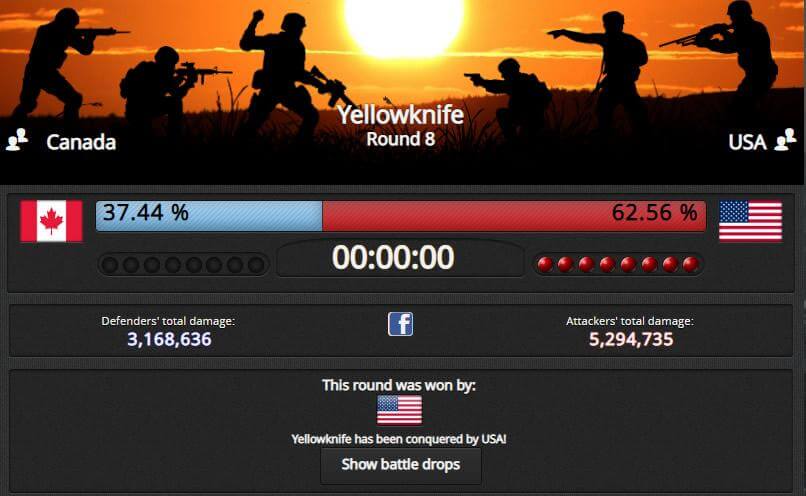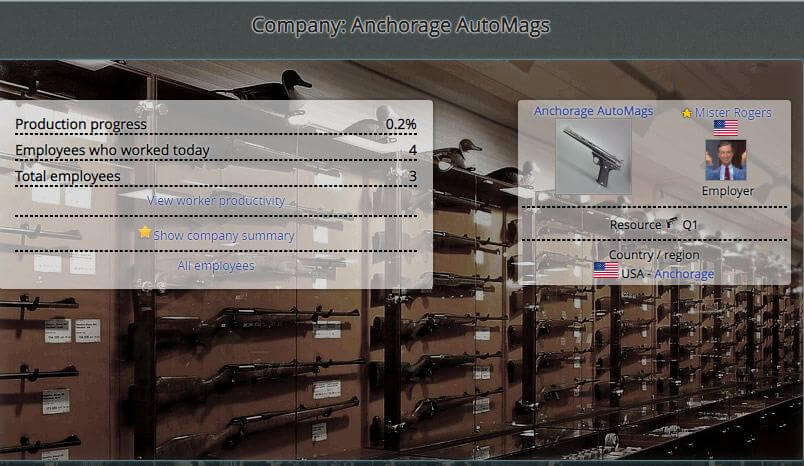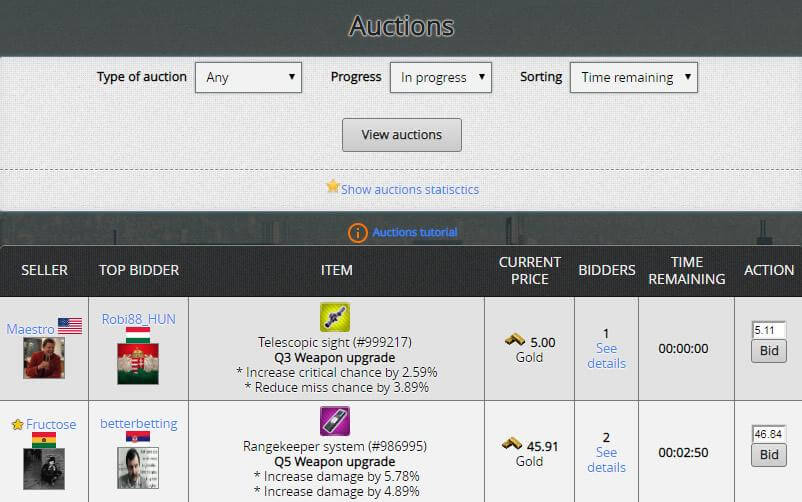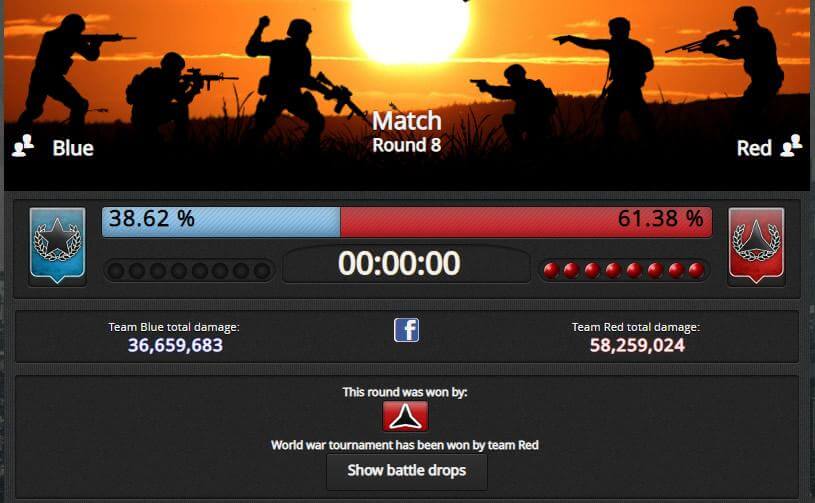Article
Compliance means more than just following the rules. It means adhering to the highest standards of ethical and honest behavior, proper and efficient management of the organization’s resources, and maintaining accountability of leadership and workers. Thus, these two concepts — governance and compliance — are closely related. Governance provides the expectations for proper behavior, and compliance delivers on that behavior. This feedback loop works in the presence of oversight.
Oversight creates visibility into the workings of an organization. With it, leaders can be measured and evaluated; they are held to task for what they must accomplish. However, lack of oversight leads to lack of accountability. Knowing that one’s actions will not be examined creates a tendency to act in ways that are easiest or most popular. The organization suffers a death by a thousand cuts, but no one is there to question the process.
But when you have bad governance, of course, these resources are destroyed: The forests are deforested, there is illegal logging, there is soil erosion. I got pulled deeper and deeper and saw how these issues become linked to governance, to corruption, to dictatorship.
When there is reduced or no accountability, individuals lose alignment with the organization’s goals and future. Personal priorities begin to emerge as senior to organizational priorities. Failure to meet goals and objectives, if they are even established, no longer creates pressure to improve. People do what they want to do, rather than what they must do. Such a job can seem like the best job in the world, because when one succeeds, it’s doing what one wants to do, and when one fails, there is no one there to keep score.
After a time, this loss of alignment leads to a sense of entitlement. Not being held accountable for results or stewardship of resources creates an insidious side-effect. That freedom to do what one wants becomes a continuous expectation, which becomes an entitlement. People expect, and then demand, the latitude to act in a self-directed manner, fulfilling personal needs and wants, making a show of hard work, but never really making any true sacrifice for the organization. New habits form and become expectations.
Ultimately, that sense of entitlement results in persons acting with impunity. This is the culmination of a dangerous and fatal chain of events. Persons do what they want; they seek gain for themselves or friends at the expense of the organization. They spend freely, decoupled from any sense of financial reality or impending crisis. They court popularity with peers or subordinates rather than enforce the mission. In spite of their sense of selfworth and importance, they become the embodiment of the enemy within.
Leadership is a gift — a privilege to serve, not to be served with privilege. Never confuse political fluency with effectiveness. Never confuse celebrities with true heroes. They are very distinct — pursuit of one rarely yields the other.
True leaders must be visionaries; this is one talent that cannot be contracted out. True leaders do not state a goal unless they possess the vision to achieve it. True leaders never tolerate mediocrity. B-leaders tolerate B-players; they confuse being liked with being effective. True leaders never tolerate insubordination; they insist on mutual respect. True leaders are committed to continuous learning and improvement. True leaders generate assets, not consume them. True leaders embrace change and continuously experiment with possibilities. True leaders provide for their own succession planning. True leaders subordinate their ego to the mission.
Effective governance creates the demand for true leadership; it is the ultimate guarantor of organizational success.
Next article:
Concepts of Responsible Leadership (12 years ago)
About the game:

USA as a world power? In E-Sim it is possible!
In E-Sim we have a huge, living world, which is a mirror copy of the Earth. Well, maybe not completely mirrored, because the balance of power in this virtual world looks a bit different than in real life. In E-Sim, USA does not have to be a world superpower, It can be efficiently managed as a much smaller country that has entrepreneurial citizens that support it's foundation. Everything depends on the players themselves and how they decide to shape the political map of the game.
Work for the good of your country and see it rise to an empire.
Activities in this game are divided into several modules. First is the economy as a citizen in a country of your choice you must work to earn money, which you will get to spend for example, on food or purchase of weapons which are critical for your progress as a fighter. You will work in either private companies which are owned by players or government companies which are owned by the state. After progressing in the game you will finally get the opportunity to set up your own business and hire other players. If it prospers, we can even change it into a joint-stock company and enter the stock market and get even more money in this way.

In E-Sim, international wars are nothing out of the ordinary.
Become an influential politician.
The second module is a politics. Just like in real life politics in E-Sim are an extremely powerful tool that can be used for your own purposes. From time to time there are elections in the game in which you will not only vote, but also have the ability to run for the head of the party you're in. You can also apply for congress, where once elected you will be given the right to vote on laws proposed by your fellow congress members or your president and propose laws yourself. Voting on laws is important for your country as it can shape the lives of those around you. You can also try to become the head of a given party, and even take part in presidential elections and decide on the shape of the foreign policy of a given state (for example, who to declare war on). Career in politics is obviously not easy and in order to succeed in it, you have to have a good plan and compete for the votes of voters.

You can go bankrupt or become a rich man while playing the stock market.
The international war.
The last and probably the most important module is military. In E-Sim, countries are constantly fighting each other for control over territories which in return grant them access to more valuable raw materials. For this purpose, they form alliances, they fight international wars, but they also have to deal with, for example, uprisings in conquered countries or civil wars, which may explode on their territory. You can also take part in these clashes, although you are also given the opportunity to lead a life as a pacifist who focuses on other activities in the game (for example, running a successful newspaper or selling products).

At the auction you can sell or buy your dream inventory.
E-Sim is a unique browser game. It's creators ensured realistic representation of the mechanisms present in the real world and gave all power to the players who shape the image of the virtual Earth according to their own. So come and join them and help your country achieve its full potential.

Invest, produce and sell - be an entrepreneur in E-Sim.

Take part in numerous events for the E-Sim community.

